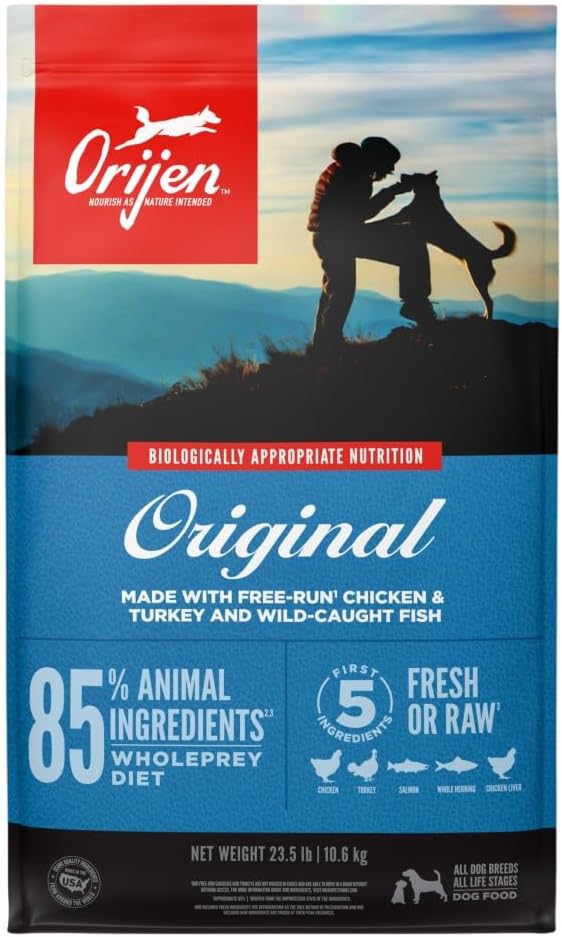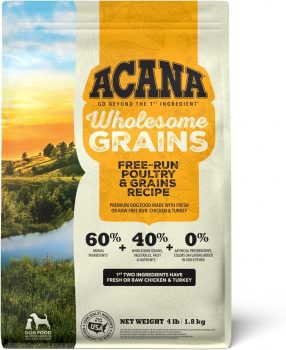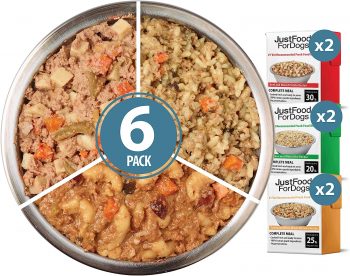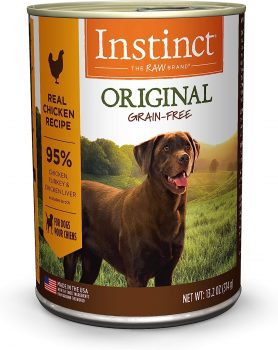Corgis, with their short legs, adorable ears, and lively personalities, have stolen the hearts of many. As with any dog breed, proper nutrition plays a crucial role in ensuring that your Corgi lives a healthy, happy, and active life. Due to their unique body shape and active nature, it’s essential to provide the right amount of food to maintain an ideal weight, preventing obesity-related issues. This guide will help you understand the feeding requirements of Corgis and give you an estimate of the monthly cost involved.
1. Understanding the Corgi’s Dietary Needs
Corgis come in two varieties: the Pembroke Welsh Corgi and the Cardigan Welsh Corgi. While both breeds are similar in many aspects, their dietary needs are based on their age, weight, activity level, and overall health.
Generally, an adult Corgi requires about 20 to 30 calories per pound of body weight. This calculation means a 25-pound adult Corgi needs approximately 500 to 750 calories per day. However, this can vary. Active Corgis may require more calories, while senior or less active ones may need less.
2. Type of Food: Dry, Wet, or Raw?
There’s a variety of dog food available in the market, from kibble to canned food, raw diets, and home-cooked meals. Each type has its advantages and disadvantages.
- Dry Food: It’s the most commonly fed type due to its convenience and dental benefits. A high-quality kibble, specifically designed for small to medium breeds, can be a good choice for Corgis. Typically, a cup of dry dog food contains about 300 to 400 calories.
- Wet Food: Canned or wet food is more palatable, and many dogs find it more appealing than dry food. It’s also a source of hydration. Depending on the brand and formula, a standard 13-ounce can of dog food will have 250 to 500 calories.
- Raw Diet: Some Corgi owners prefer a raw or BARF (Biologically Appropriate Raw Food) diet. If you’re considering this, ensure you’re knowledgeable about the dietary needs of dogs to provide a balanced meal.
3. Feeding Schedule
Puppies have different dietary requirements than adult dogs. For the first six months, it’s advisable to feed Corgi puppies three to four times a day. As they mature, around six months, you can transition to two meals a day.
4. Adjusting Based on Activity Level
Corgis are herding dogs and are naturally active. If your Corgi is highly active, participating in activities like agility or herding, you might need to adjust their calorie intake accordingly.
5. Avoiding Overfeeding
Corgis love to eat and can easily become overweight, leading to health issues like joint problems. It’s essential to measure their food and avoid excessive treats. Always keep an eye on their weight and adjust their food intake as needed.
6. Cost of Feeding a Corgi
The monthly cost of feeding your Corgi will vary based on the type and brand of food you choose. On average, a 30-pound bag of high-quality dry dog food costs between $50 to $70 and can last a Corgi about two months, making the monthly cost approximately $25 to $35. If you opt for wet food or a mix, the cost can be higher.
For raw or home-cooked diets, the monthly expense can vary based on ingredients and where you shop. On average, a raw diet might cost between $40 to $70 per month.
7. Special Dietary Considerations
Always ensure that the food you choose is appropriate for your Corgi’s life stage (puppy, adult, senior). Also, some Corgis might have food allergies or sensitivities, requiring a special diet.
Our 5 Top Foods for Corgis
The diets were selected by our founder Justin Palmer, a certified canine nutrition expert, specifically with Corgis in mind:
| Food | Pros | Cons |
|---|---|---|
|
|
|
|

Check Today's Price on: |
|
|

Check Today's Price on: |
|
|

Check Today's Price on: |
|
|

Check Today's Price on: |
|
|
Conclusion
Feeding your Corgi a balanced diet is crucial for their health and well-being. By understanding their dietary needs, adjusting the food amount based on their activity, and choosing high-quality food, you ensure that your Corgi thrives. Regular vet check-ups and monitoring their weight can also help in maintaining their optimal health.
Frequently Asked Questions About Feeding a Corgi

1. How many times a day should I feed my Corgi puppy?
Corgi puppies have a faster metabolism and require frequent feedings. For the first six months, it’s recommended to feed them three to four times a day. As they grow and reach around six months of age, you can gradually transition to feeding them twice a day.
2. Can Corgis eat human food?
While Corgis can eat some human foods, it’s essential to ensure that the food is safe for them. Avoid feeding them toxic foods like chocolate, grapes, onions, and xylitol. Instead, opt for dog-safe foods like plain cooked chicken, rice, and certain vegetables in moderation.
3. How do I know if my Corgi is overweight?
Obesity is a common concern with Corgis. Check their waistline; it should be distinct when looking from above. You should also be able to feel their ribs without pressing hard, but they shouldn’t be visibly protruding. If in doubt, consult your veterinarian for a proper weight assessment.
4. What type of dog food is best for Corgis?
It’s recommended to feed Corgis high-quality commercial dog food that meets their specific life stage needs (puppy, adult, senior). Look for food with high protein content, essential fatty acids, and no artificial additives. The choice between dry, wet, or raw will depend on your Corgi’s preference and any dietary restrictions.
5. How can I ensure my Corgi gets a balanced diet on a raw food regimen?
If you’re considering a raw diet for your Corgi, it’s crucial to be knowledgeable about canine nutrition. Ensure a balance of muscle meat, organ meat, bones, and occasional vegetables. Consult with a veterinarian or canine nutritionist to ensure that the diet meets all your Corgi’s nutritional requirements.
6. Are grain-free diets suitable for Corgis?
While some Corgis might benefit from a grain-free diet due to allergies or sensitivities, not all need it. It’s crucial to monitor your Corgi for any adverse reactions and consult a vet before making significant changes to their diet.
7. How much water should my Corgi drink daily?
Ensuring that your Corgi has constant access to fresh and clean water is vital. On average, a dog should drink about an ounce of water per pound of body weight daily. However, this can vary based on their activity level and the climate.
8. Can I feed my Corgi fruits and vegetables?
Yes, many fruits and vegetables are safe and healthy for Corgis. Options like carrots, green beans, and blueberries can be a great treat. However, avoid toxic ones like grapes, raisins, and onions.
9. My Corgi seems always hungry. Is it normal?
Corgis have a hearty appetite, but always appearing hungry might not always be genuine hunger. They are known for their food-driven behavior. It’s crucial to measure their meals and not give in to excessive feeding, which can lead to obesity.
10. Are there specific foods or ingredients I should avoid for my Corgi?
Yes, certain foods are toxic to dogs, including Corgis. Avoid chocolate, grapes, raisins, onions, garlic, caffeine, alcohol, and foods sweetened with xylitol. Always be cautious and do research before introducing any new food to your Corgi’s diet.
 Check Today's Price on:
Check Today's Price on: Toledo, United States.
Toledo, United States.